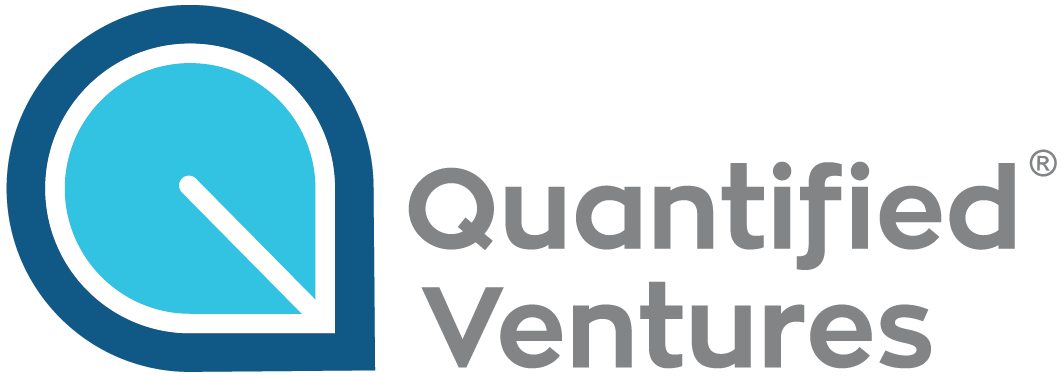My family’s legacy of service inspires me as I work in impact investing
By Doug Spencer, Marketing and Impact Investing Intern at Quantified Ventures
When I was roughly nine years old, a few years after my grandfather passed away, my mom and I moved into his house on Capitol Hill. She told me that it was our job to keep his house in our family — whatever that meant. The house creaked, it had virtually no yard, and the block had no other kids for me to play with. In essence, I couldn’t stand my new home; nothing about it appealed to an active kid like me! Why was it partly my duty to protect this old thing? Back then, I probably didn’t know what the word legacy truly meant, but my mom certainly did.
My grandparents bought their house on Capitol Hill in 1961. Both natives of Southern Maryland, they’d decided that life in the city would be better for them and their children. In total, they had nine kids, the last four of which, including my mom, were born and raised on the Hill. Throughout the decades, the greater D.C area and the Capitol Hill neighborhood experienced a great deal of change; however, that house remained the rock of my family. And interestingly, for more than 40 years my grandfather kept his job at the same company, the DC Water and Sewer Authority (DC Water).
During his career, the organization wasn’t called DC Water; it underwent multiple name changes, but its mission always stayed the same: to provide clean drinking water to district residents and visitors, and to manage the city’s wastewater treatment processes. According to one of my aunts, my grandfather worked in the large meter division, a group that handles projects around DC that concern pipes larger than three inches in diameter. My aunt might know as much about DC’s water system as my grandfather did; she’s a field technician and 29-year veteran of DC Water — in the small meter division.
Because of my family ties, I’ve vaguely known about DC Water for most of my life. But since I joined the team at Quantified Ventures one month ago, thoughts about it are no longer on my periphery — they’re front and center.
Last year, Quantified Ventures and DC Water partnered to create the world’s first Environmental Impact Bond (EIB), aiming to reduce stormwater runoff and combined sewage overflows (CSOs) in DC, and thus to improve the city’s water quality. An EIB is a new financing model through which private investors provide upfront capital (in this case, $25 million from Goldman Sachs and the Calvert Foundation) to fund innovative, green infrastructure projects. A key component of the EIB model is that investors are paid back based on the project’s outcomes. If stormwater runoff and CSOs are reduced, investors will be rewarded. If they aren’t reduced, investors will lose their investment. But it’s important that Goldman, Calvert, and other investors are willing to risk taking losses on environmentally conscious deals of this kind because it allows government to more creatively experiment with solutions that could potentially solve complex issues that our communities face.
I wonder what my grandfather would say if I told him that DC was trying to use improvements such as absorbent pavement or strategically placed rain gardens to enhance its water system. To my knowledge, he wasn’t an environmentalist. But he was a proud public servant. The service that he performed, the work that my aunt and others do, is critical in permitting most of us to live and work freely without thinking about the infrastructure we depend on.
Over the past month, I’ve occasionally marveled at how my personal connection to DC Water is coming full circle: checks from DC Water paid the bills at that house on Capitol Hill — the house that nine-year-old me didn’t appreciate. My grandfather’s salary has affected the lives of three generations of my family. DC Water, I’ve realized, is an important part of my story. And from a different angle than my aunt or grandfather, the adult me contemplates how I can also play a part in making my surroundings more livable and sustainable.


